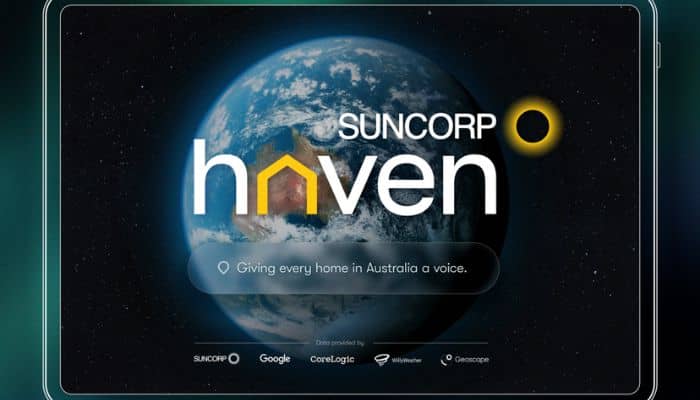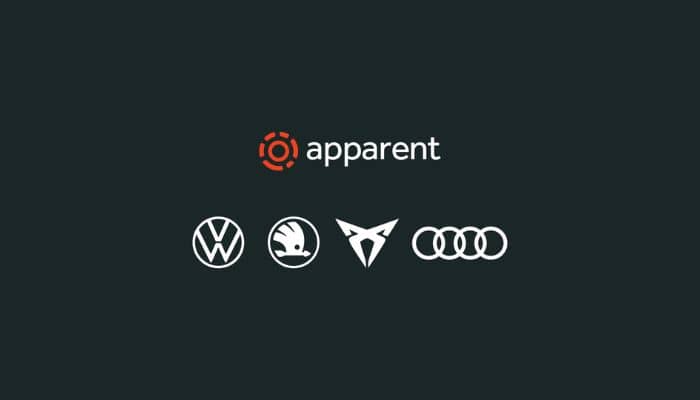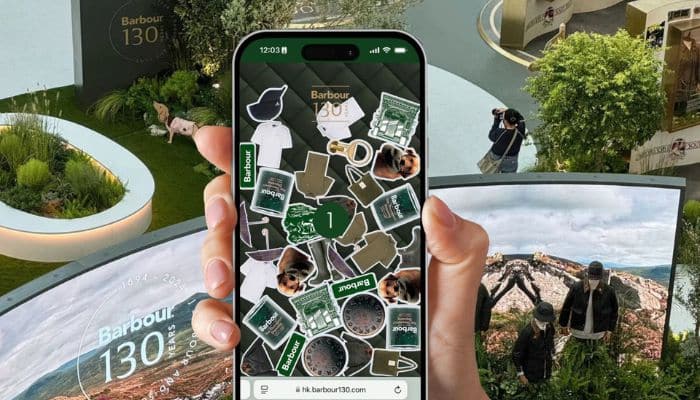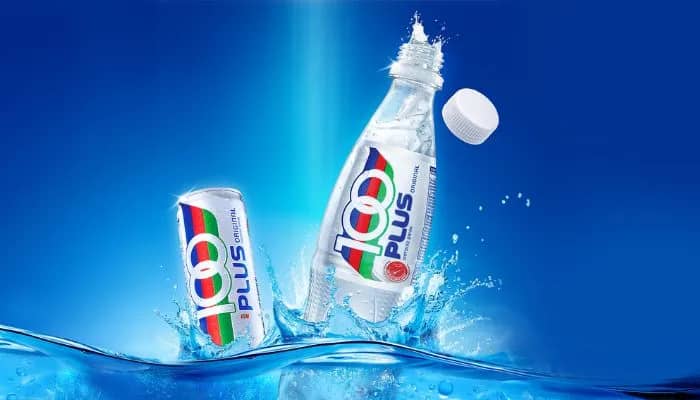Australia – Demonstrating a commitment to boosting household resilience to extreme weather, Suncorp and Leo Australia have launched ‘Haven’, a digital tool that gives Australian homes a voice to talk about extreme weather risks and provide resilience tips to better protect their properties.
Suncorp has long advocated for greater investment in resilience and mitigation initiatives to reduce the impacts of extreme weather at both a community and household level – Haven is the insurer’s groundbreaking next step in this mission.
With ‘Haven’, the tool uses property, location, weather, and natural peril risk data, allowing any homeowner in Australia to enter their address, see their weather risks, and receive a tailored video and downloadable resilience report for their home. It is the first time in Australia that expert data sources have come together to tackle resilience, helping homeowners with knowledge and tools in the face of worsening extreme weather.
Moreover, ‘Haven’ uses ethical AI technology to give every home a voice in a tailored video that represents its age, providing homeowners with information about their risk to cyclones, bushfires, floods and storms, and tips on how to protect their homes from future events.
The experience is then captured in a detailed interactive report, providing tailored, practical resilience tips relevant to each specific weather threat.
Haven’s launch coincides with the release of new Suncorp data, revealing the extent of extreme weather risk across Australia. Suncorp’s data shows more than 2.7 million Australian addresses are at high risk of at least one extreme weather peril, such as bushfires, floods, cyclones and storms.
Haven comprises live APIs and AI technologies. Leveraging Google APIs, users visualise their homes in 3D Tiles and Street View and locate nearby resilience services such as hardware stores. CoreLogic supplies detailed property insights, helping to identify the property’s age and house type, while Geoscape’s data facilitates seamless integration between various data sources. WillyWeather provides users with real-time weather conditions, along with other insights about anticipated future weather conditions.
The campaign launches across OOH, TV, cinema, social and influencer, and digital channels such as YouTube and Spotify.
Mim Haysom, executive general manager brand and customer experience at Suncorp, said, “To help encourage home resilience across the country, Suncorp included extreme weather risk data for storms, cyclones, floods and bushfires in the Haven experience, therefore making resilience tips more tailored to each property. We are committed to continue finding new and innovative ways to leverage our 100 years of extreme weather experience, alongside the latest technology, to help our customers and all Australians reduce risk.”
Meanwhile, Andy Fergusson, chief creative officer at Leo Australia, commented, “The Suncorp resilience journey, which includes our One House initiative, now extends to every house in Australia. And it wouldn’t have been possible without the shared vision, immense dedication, and collaboration of countless people at Leo, Suncorp, and all our production partners.”
Suncorp launched its resilience brand platform in 2021 with One House, a house designed to withstand and survive catastrophic weather conditions. This was followed by Resilience Road in 2022, where the lessons of One House were applied to five homes in one of Australia’s most disaster-prone towns, and If Your Home Could Talk in 2023.















